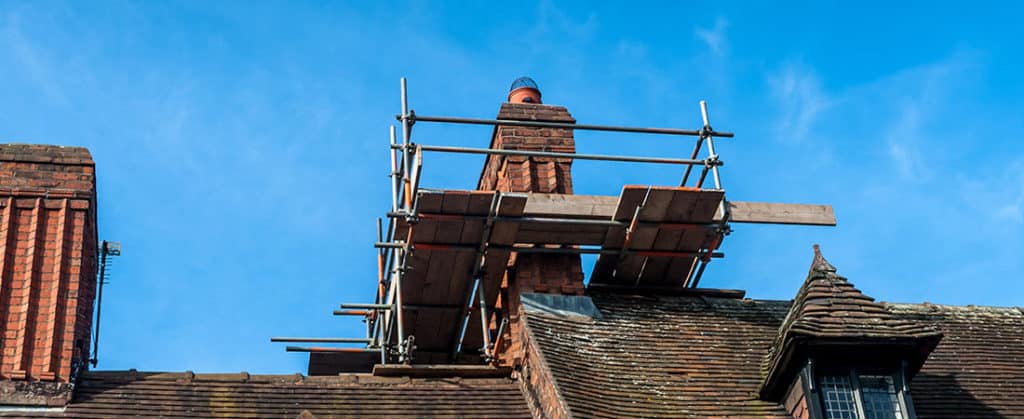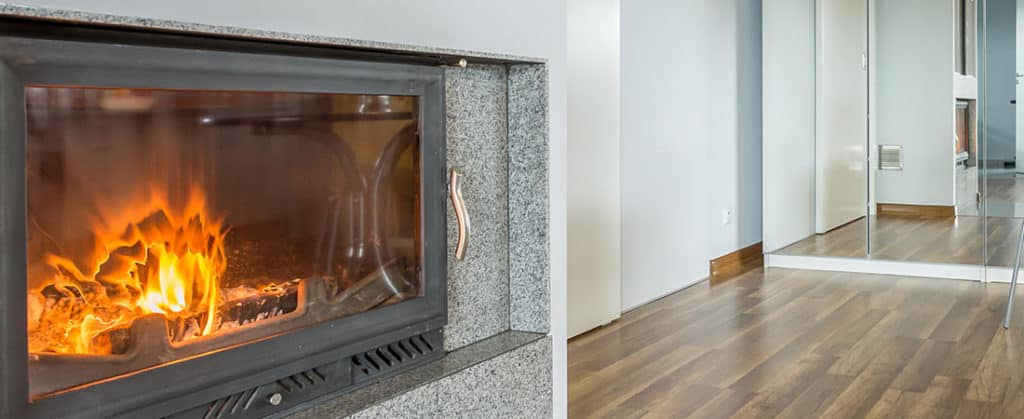If you are a regular television watcher, you must have come across chimney cleaning log adverts.
Also known as creosote sweeping logs, chimney cleaning logs claim to give an alternative to hiring a chimney sweep to clean the insides of the chimney by hand, which is messy and laborious. Are you wondering, “do chimney cleaning logs really work?”
Read on to find out.
How do cleaning logs work?
The logs work when you burn them in the fireplace. When you burn it, the log softens tar that might have built-up in the chimney. As it burns, the log releases chemicals that adhere to the walls of the fireplace. This loosens tar and creosote, which reduces the chances of fire starting.
What are the benefits of cleaning logs?
One of the benefits of using the logs is that they are easy to use. All you need to do is to unpack them and place them in a lit fireplace. These logs are also reasonably priced, and you can store them for a long time without getting spoilt.
If you have a bent chimney, it poses a challenge to the cleaning professionals to clean it properly. The cleaning logs are perfect for these chimneys as they release vapors that penetrate the bends and easily reach the creosote deposits.
Do experts recommend chimney cleaning logs?
Creosote sweeping logs have been in the market for over a decade, but chimney cleaning professionals were hesitant to recommend them until seven years ago.
When you go for a long time without cleaning the chimney, it’s normal for the creosote deposits to get extremely hard to get rid of.
The compressed chemical mix in the cleaning logs comes in handy at changing the nature of the deposits, making them dryer and flakier.
This makes it easy for the chimney cleaning professionals to clean the chimney.
Do chimney logs replace chimney sweeps?
The marketing companies have been marking the logs as a replacement for chimney sweeps, but this isn’t the case. While the logs are great in their working, you can’t substitute them for a chimney cleaning technician.
A chimney cleaning professional does much more than merely cleaning the chimney. He/she also cleans the smoke ducts, fireplaces, and flue pipes. The professional also inspects the fireplace to confirm whether there are any other issues present.
Even after using the logs, the creosote flakes fall at the bottom of the chimney. If you have a bent fireplace, the creosote can get trapped in the bends of the flue, which increases the risk of fire.
To keep yourself and your family safe, you still need a chimney cleaning technician to get rid of the fallen flakes.
So we can conclude that you can’t use the creosote cleaning logs as a replacement for chimney contractors. The logs help the chimney contractors have an easy time cleaning and repairing the chimney.
While the logs are highly effective when you use them in wooden fireplaces, they don’t work well in propane or natural gas fireplaces. This is because they need a wood-burning fireplace for them to work.
Do you still have to hire a chimney contractor?
From what we have seen, you can’t rely on chimney logs to clean your chimney. You will still need to hire a contractor not only to remove the fallen creosote flakes, but also clean the gas and propane chimneys that you can’t clean using the logs.
The chimney logs also can’t inspect the chimney. You need a chimney technician to do this.
When hiring the contractor, ensure they are experienced enough. You don’t want someone that will provide substandard services that put you at the risk of fire.
If this is the first time hiring a chimney cleaning services Columbia MD provider, one of the best ways of finding a good one is asking from friends and relatives. Which contractor have they been using? Would they recommend them?
When you hire this way, you have peace of mind, they will provide an excellent service as they are already proven.
Parting shot
It’s without a doubt that chimney cleaning logs have their place at reducing the amount of flammable creosote, but this doesn’t mean you should use them as a replacement for chimney technicians. Even when using them, always involve a chimney contractor.



